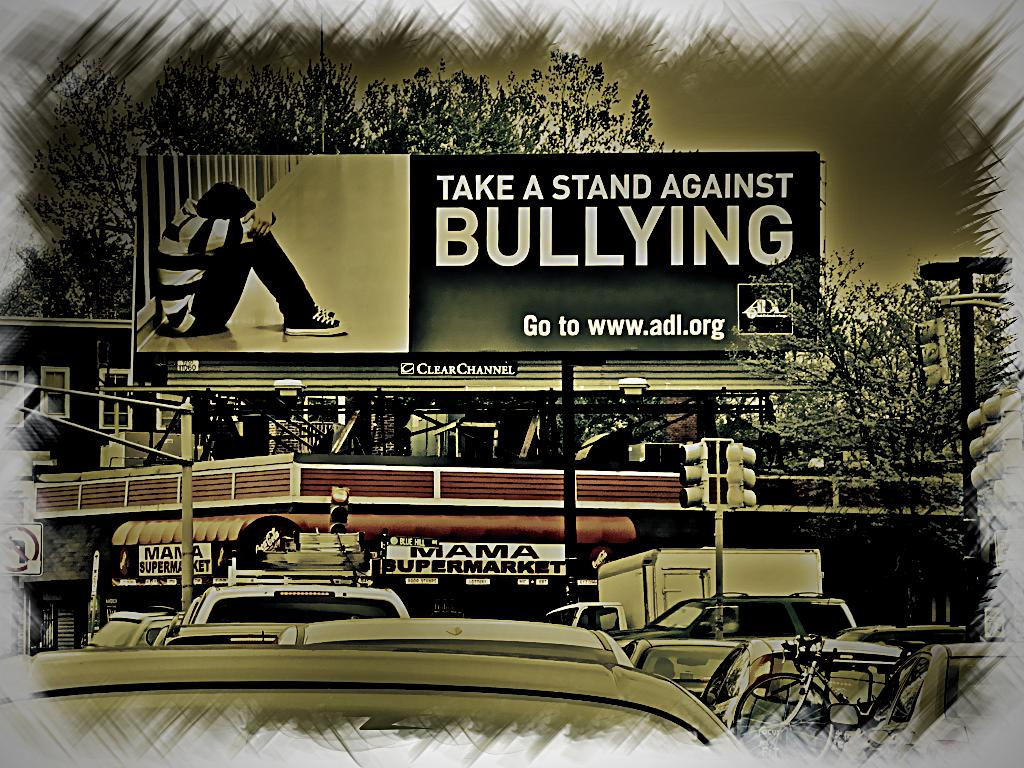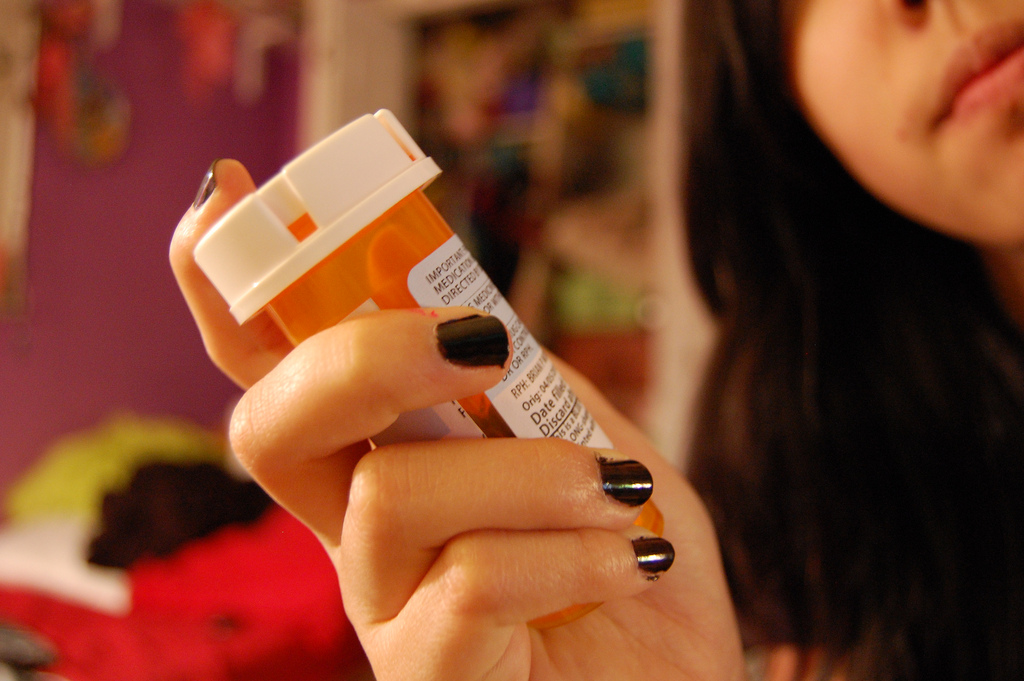When looking for ways to help your troubled teen change their negative behaviors, you may have come across youth boot camps as a potential solution. However, many experts have found that not only do boot camps not work but these kinds of programs can actually encourage recidivism (repeated criminal behavior).
Boot Camps Are A Short-Term Solution
It can be hard to see how behavior experts have gone from supporting boot camps to saying that these kinds of behavioral modification programs don’t work and can potentially make troubled teens worse. There are several factors which contribute to this assessment:
- Short program duration – Out of all the troubled teen programs, boot camps will often require the least time amount of time from attending teens. By dedicating so little time to changing problematic behaviors, it can be hard for teens to make real changes.
- Little-to-no therapeutic aspect – In most cases, poor behavior is the result of underlying mental health issues and need the help of a mental health professional to resolve. Yet, boot camps are often focused on changing the outward behavior and generally do not offer therapy as part of their program. This lack leaves the participating teens without a real solution.
- Aggressive control tactics – Youth boot camps are modeled off of military boot camps and are ran with similar discipline. A fundamental difference is that those in a military boot camp chose to be there, while troubled teens have not. With the teens not buying into the program, having someone shout at them and force them to perform exhausting workouts as punishments can make a teen resentful and even less willing to change.
Therapeutic Treatment Offers Long-Term Changes
Receiving therapeutic treatment from a reputable residential treatment center offers all the things a troubled teen needs to change and cannot receive from a boot camp. Help provided by a residential treatment center is:
- Continually therapeutic intervention – In a residential treatment center, therapy is at the core of the whole program, with the teen’s personalized treatment plan being organized around their therapeutic needs. With one-on-one help from a therapist who specializes in working with troubled teens, weekly family therapy, and daily group therapy, teens can finally receive the help they need.
- Natural consequences – Rather than focus on punishment, residential treatment programs opt for natural consequences. That way, teens can understand the impact of their actions without needing to be punished.
- Immersive program – Often, residential treatment programs require at least six months of participation. Permanent changes require time to truly take place, and with the help and support of the professional staff of a treatment center, it will be easier for your teen to make those changes.
If you feel your troubled teen could benefit from the therapeutic program offered at a residential treatment center, contact us today to learn more about them, completely for free.




0 Comments